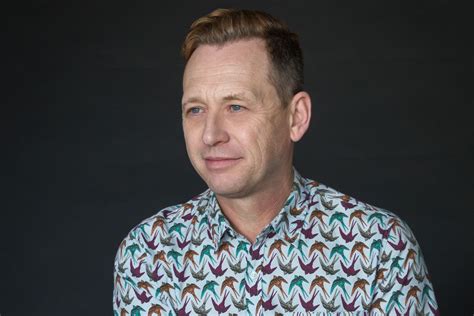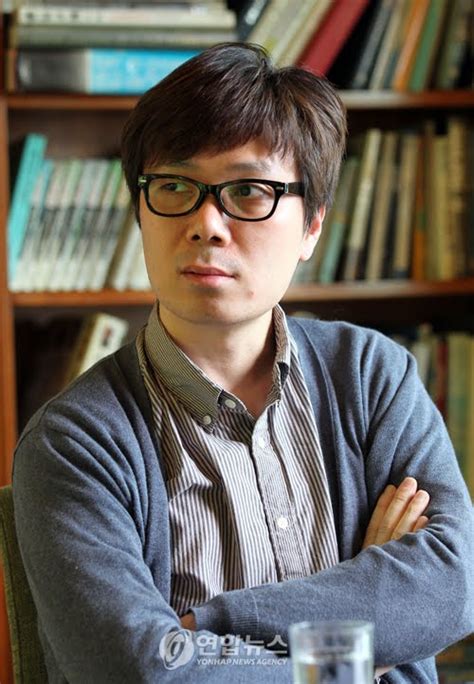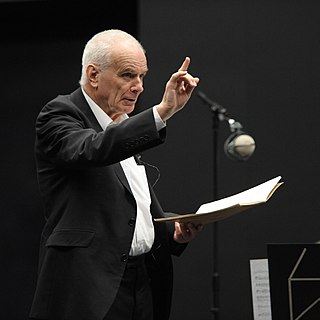A Quote by Jonathan Ames
I enjoy both TV writing and novel writing, and they are very similar. The goal is to entertain and amuse the audience, and I subscribe to this P.G. Wodehouse piece of advice: "Try to give pleasure with every sentence."
Related Quotes
Writing is linear and sequential; Sentence B must follow Sentence A, and Sentence C must follow Sentence B, and eventually you get to Sentence Z. The hard part of writing isn't the writing; it's the thinking. You can solve most of your writing problems if you stop after every sentence and ask: What does the reader need to know next?
D.H. Lawrence, I think, defined the difference between writing an article and writing a novel very well. He said, in writing a novel, the writer must be able to identify emotionally and intellectually with two or three or four contradicting perspectives and give each of them very a convincing voice. It's like playing tennis with yourself and you have to be on both sides of the yard. You have to be on both sides, or all sides if there are more than two sides.
Writing has to do with truth-telling. When you're writing, let's say, an essay for a magazine, you try to tell the truth at every moment. You do your best to quote people accurately and get everything right. Writing a novel is a break from that: freedom. When you're writing a novel, you are in charge; you can beef things up.
With my students I give them lots and lots of guided writing. Part of it is as simple as writing a lot but not toward anything. The mind floats. Then I help them see where the language has heat. If we do this a lot in class, students eventually relax into this writing practice and enjoy it. Even just that - writing pleasure without the anxiety of "audience" or "grade" or "success" - is a kind of impetus toward the unfamiliar.
The single best piece of advice I give to aspiring writers is to always write about things that they know. I suggest that they write about people and places and events and conflicts they are familiar with. That way their writing will be real and hopefully readers will respond to it. I try to take my own advice.
If I'm writing a novel, I'll probably get up in the morning, do email, perhaps blog, deal with emergencies, and then be off novel-writing around 1.00pm and stop around 6.00pm. And I'll be writing in longhand, a safe distance from my computer. If I'm not writing a novel, there is no schedule, and scripts and introductions and whatnot can find themselves being written at any time and on anything.
When I visit schools and talk to students about writing, I give them one word of advice and I give it to them quickly and loudly-FINISH! Starting something is easier than finishing it. You must have discipline to go from a few sentences, to a few paragraphs, to a piece of writing that has a beginning, a middle, and an end. Finishing something bridges the difference between someone who has talent and one who does not. My best advice? Apply the seat of your pants to the seat of your chair-and finish. FINISH!

































